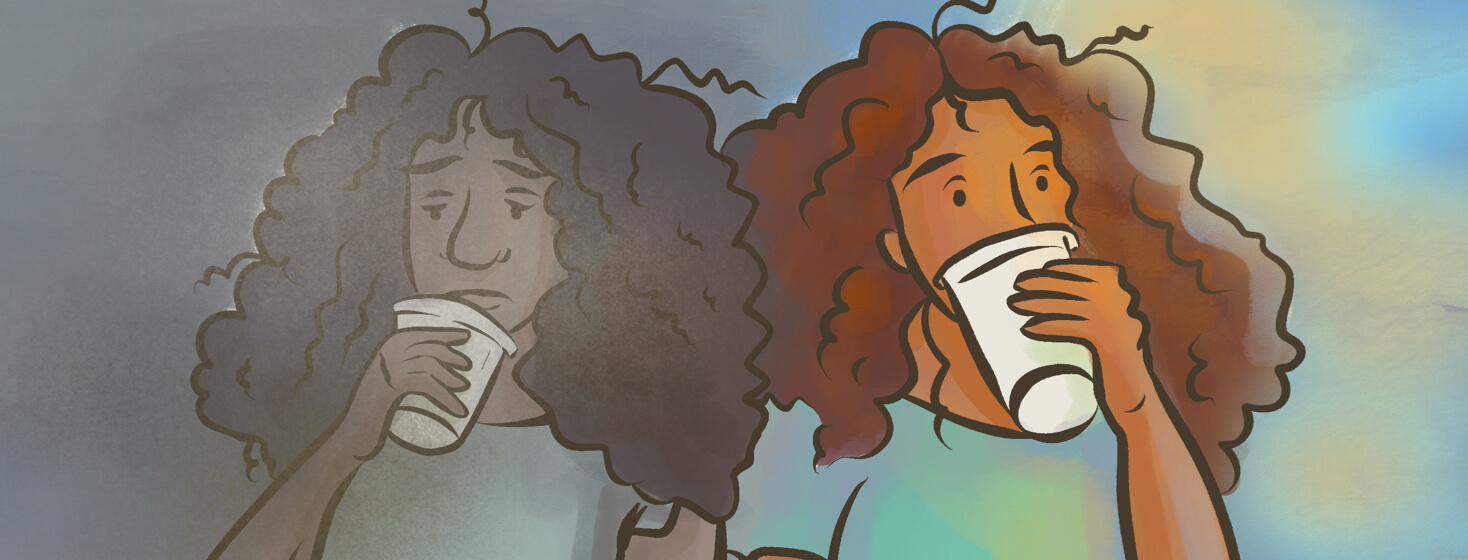6 Techniques to Reduce the Impact of Brain Fog
Whether you need to pay bills, plan your meals for the week, or tackle a task at work, brain fog can feel insurmountable. Here are some ways I’ve found that lessen the impact of brain fog so I can take care of the tasks I need to.
Featured Forum
View all responsesFind my sharpest times of day
By far, the most effective brain fog management tool for me has been to identify the times of day that I tend to be sharpest and plan to do my most thought-intensive work then. I'm not always able to think in that timeframe, and sometimes I'm able to be creative outside that window, but it helps keep me from getting distracted by work I could do when I'm less sharp. It’s important to give myself leeway with this — I can get frustrated if I can’t think clearly in what’s supposed to be a good time — and remind myself that symptoms fluctuate each day, so this timeframe is just a guide, not a guarantee that I’ll be able to think.
Identify what worsens my brain fog
It's also helpful to try to identify if anything makes your brain fog worse and try to find ways to minimize that particular trigger. For example, my brain fog tends to be worse after I eat, especially large meals. It helps to eat smaller snacks rather than full meals.
Take time to recharge
Napping, meditating, or just closing your eyes for a few minutes can be a way to recharge. Building breaks into your day for a short rest can help give you a mental boost.
Move my body to clear my head
Taking a walk around the block is a great way for me to think a little more clearly. Sometimes that requires more physical energy than I have, so I try any kind of movement, even just neck stretches or some gentle yoga. Whatever level of exercise you can manage, might help clear your brain fog.
Try or wean off of caffeine
Caffeine can be a double-edged sword with migraine, so consider your own threshold when trying caffeine to manage brain fog. If you don’t drink caffeine already, you can try a small amount to see if it gives you a mental boost. If you already drink caffeine and aren’t seeing a benefit, it might be worth weaning yourself off to see if you feel better without it. I know a number of people who have told me they felt sharper (and less tired) after breaking their caffeine habit.
Take magnesium or fish oil supplements
For the most part, supplements haven’t made a substantial impact on my migraine severity or frequency, but I have found that magnesium and fish oil can help take the edge off symptoms. Even a slight clearing of brain fog can be helpful, so even if you haven’t had major success with a supplement, they may be worth revisiting.
Those are some techniques that have helped me. What helps you manage brain fog?

Join the conversation